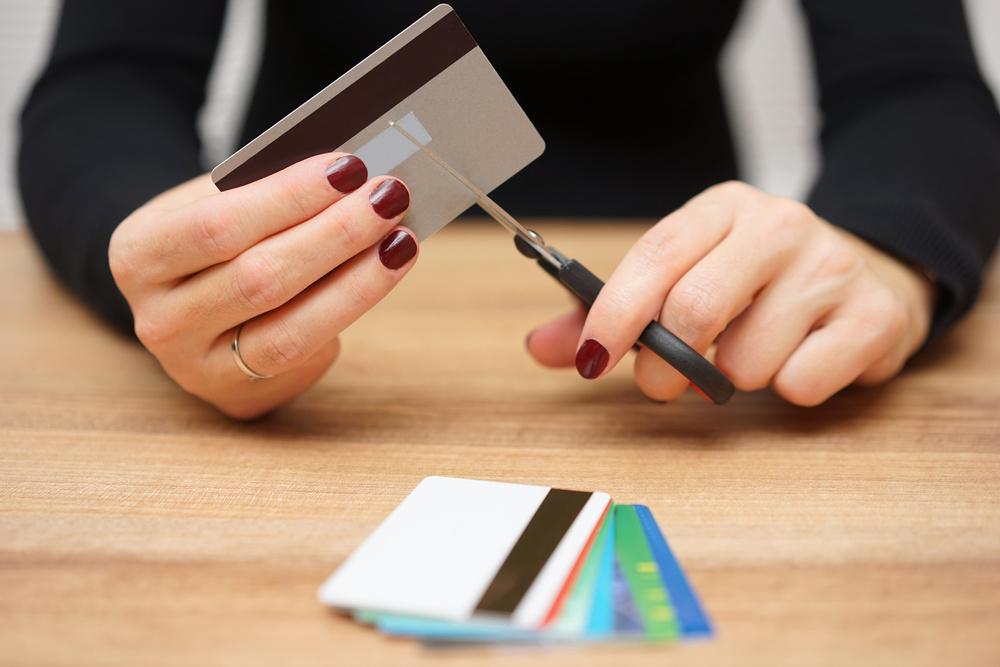Canadian household debt is often in the news these days, and it’s almost always negative. When you hear Statistics Canada reveal that in the first trimester of 2017, the debt ratio was at 166.9%, it is indeed hard to consider it good news. This means that for every dollar in net yearly income, the average household owes $1.67.
Is it, however, possible to see debt in a better light? Although one has to be careful when using this concept, it is indeed possible to contract what is considered as a good debt.
In this article, we’ll go over a few examples to see how a debt can be good or bad. You’ll see how it’s sometimes a fine line that separates the two.
What is a good debt?
In its optimal version, a good debt is one that allows whoever takes it on to generate more income than interest fees. The debt would then serve as leverage to bring in more income.
Purchasing an income property is probably the best example. As long as your interest payments are less than the profit stemming from the difference between the rent payments you receive and your expenses, your mortgage can be considered a good debt. Obviously, other factors come into play, such as the cost of opportunities pertaining to the time you dedicate to managing the property, the investment of your down payment and the value increase ratio. In this case, the mortgage financing acts as a type of loan to get your business started. Read our article to find out more about what owning an income property entails.

Buying instead of renting: is that a good debt?
Buying a condo or a house in order to live in it clearly doesn’t offer the same income opportunities, but with sharing economy platforms such as Airbnb, it’s now possible to lower your debt by optimizing the use of the property. As it’s practically unthinkable for most people to pay out the entire amount in one go when purchasing a house, it’s not a question of good or bad debt, but of a healthy debt and building a legacy. In a certain way, it’s a form of forced savings, and the capital can also serve as leverage to one day make investments that bring in higher returns than the mortgage rate.
It all comes down to your needs and ambitions
Generally, a good debt excludes all expenses incurred with the help of financing that will only be used for the consuming of goods and services. If your budget doesn’t allow for an emergency fund, purchasing non-essential goods on credit is most likely not a desirable debt. However, the concept of good or bad debt can vary according to each person’s situation and subjectivity.
Racking up a few thousand dollars on a line of credit in order to travel is certainly not a healthy habit from a budget point of view, but a globetrotter will find it a very small price to pay in order to discover new countries. On the other hand, an accountant would probably recommend saving up for a few months before leaving.
Using loans during your studies can be likened to the previous example, in the sense that gaining knowledge has a great intangible value. It is still easier to see it as a good debt, however, since gaining a university degree or technical training generally leads to a more enriching and lucrative career.
Financing the purchase of a car
Purchasing a car through financing with interest is, in the great majority of cases, a bad debt. It’s a good with a rapidly decreasing value that brings about many costs. Note that for those who need a vehicle to get to work or carry out their duties, this debt has an opportunity cost that is often lesser than being jobless. Obviously, a vehicle is also necessary for family reasons, but in that case, you’re better off sticking with a vehicle that lines up with your financial capacity.

Interest-free financing and points programs
Using credit can be very worthwhile in these circumstances, but it also requires a great deal of discipline. Too many consumers rush out to buy furniture and other similar items with no payments, no interest financing for a limited amount of a time, without setting aside the necessary amount to pay off the purchase once the promotion expires. Same goes for credit card reward programs; if you’re putting everything on your credit card in order to get 1% cashback when you’re paying 19% in interest on an unpaid balance, you’re better off cutting down on your purchases.
Sometimes, an advisor’s help can allow you to see things more clearly. For anything concerning mortgage financing and the different options made available to you, contact a Multi-Prêts broker.
Keys takeaways
- In its optimal version, a good debt is one that allows whoever takes it on to generate more income than interest fees. The debt would then serve as a lever to bring in more income.
- Purchasing an income property is probably the best example. As long as your interest payments are less than the profit stemming from the difference between the rent payments you receive and your expenses, your mortgage can be considered a good debt.
- Purchasing a house: in a certain way, it’s a form of forced savings, and the capital can also serve as leverage to one day make investments that bring in higher returns than the mortgage rate.

